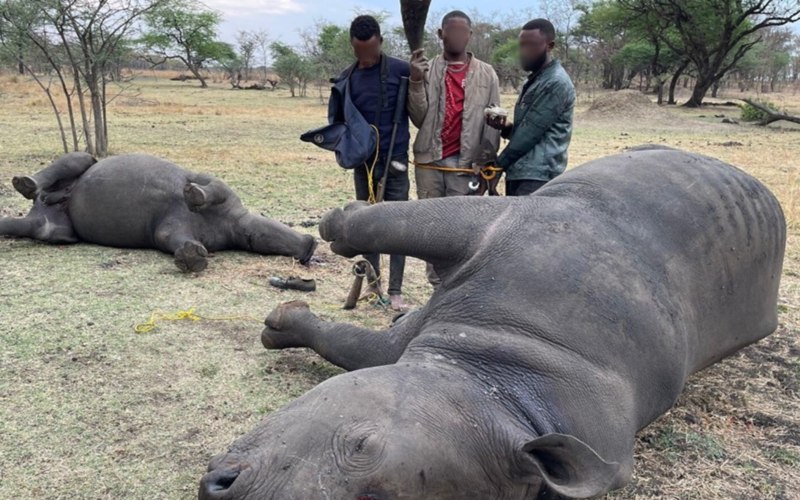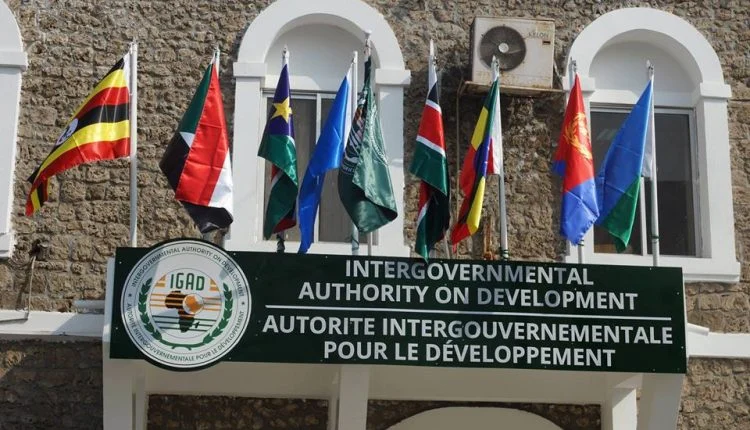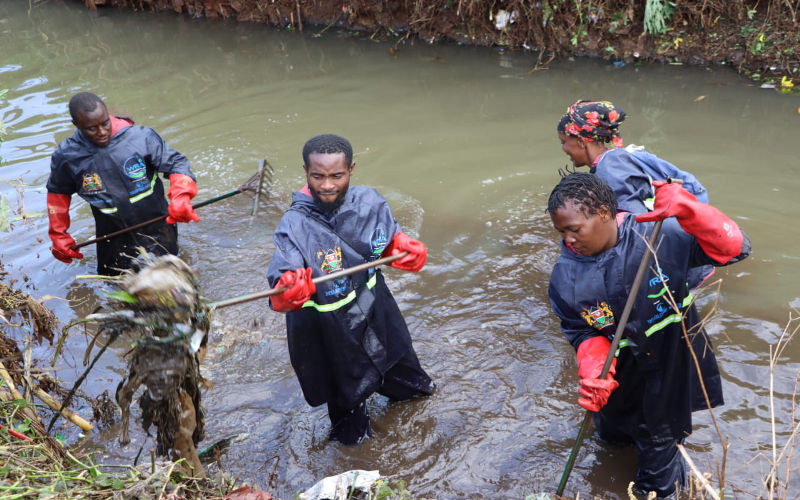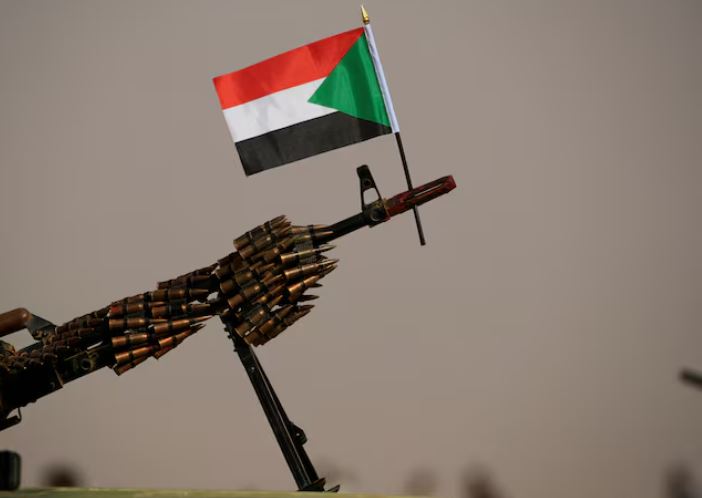From tradition to enterprise: Pangani women at the heart of Lamu's thriving milk trade
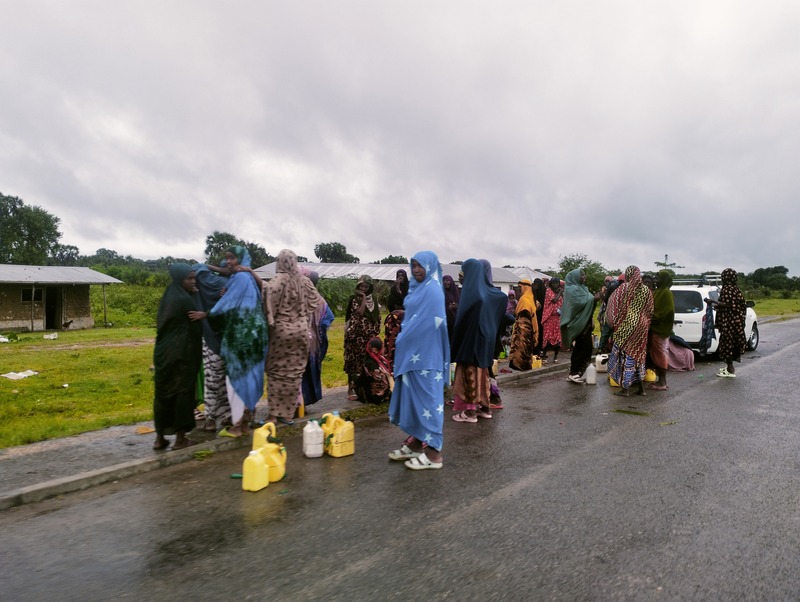
A five-litre jerrycan of milk sells for Sh300 to Sh400 during the rainy season when pastures are abundant but rises to Sh400 to Sh600 during drought due to lower production.
As you pass through Pangani Village in Lamu, it’s common to see dozens of women early in the morning gathered by the roadside, holding gourds or jerrycans in hand.
This scene, a hallmark of Pangani for many years, has become an identity for the village, especially for those unfamiliar with it.
More To Read
- Kiunga residents in Lamu raise concerns over weapon testing near homes
- Muslim ritual meets Swahili culture at Kenya’s unique annual Maulidi festival
- Lamu fishermen laud establishement of new cold storage facility in Kiwayu
- Lamu’s King Fahd Hospital makes history with first laparoscopic kidney cancer surgery
- Lamu County unveils refugee peacebuilding programme in Kiunga
- MUHURI pursues justice for families of two killed in Lamu crash involving KDF vehicle
Located between Kibaoni and Witu, Pangani is home to pastoralists, predominantly from the Somali community, and is widely known for its thriving milk trade—a business largely dominated by women.
In Pangani, women manage the milk trade daily, whether early in the morning or late in the evening. The village, bisected by the Lamu-Witu-Garsen highway, has existed since the 1970s when it served as a temporary settlement for nomadic pastoralists from Ijara in Tana River County, who sought water and pasture during droughts.
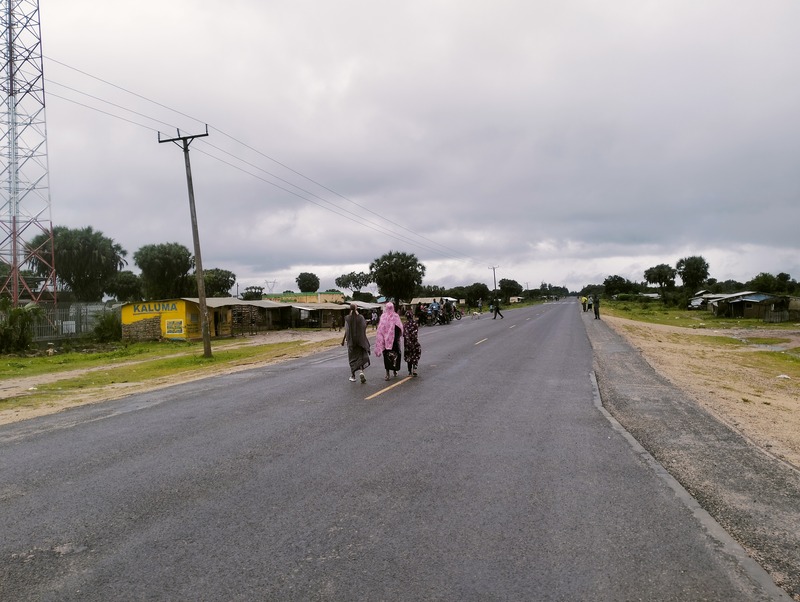 Women selling milk by the roadside in Pangani Village in Lamu. (Farhiya Hussein)
Women selling milk by the roadside in Pangani Village in Lamu. (Farhiya Hussein)
Between 2005 and 2007, the herders began building permanent homes, transforming Pangani into a fully-fledged pastoralist village.
The dominance of women in the milk business reflects Somali cultural traditions. Muhumed Kalmei, a spokesperson for the Lamu Pastoralist Communities, explains that Somali traditions assign the responsibility of milking cows, preparing the milk, and selling it to women, while men focus on grazing cattle.
“Most of the women you see in Pangani selling milk on the streets demonstrate our Somali tradition. We, the Somalis, are fully aware that it is the woman who should milk the cows, prepare the milk and sell it in the market. The men are usually busy with other work, including taking the cattle for grazing,” said Muhumed.
It is here at Pangani Village where you will often find a Probox vehicle with gourds or jerricans on the top of its carrier, parked on the roadside just to buy milk from mothers and transport it to other areas of Lamu and the rest of Kenya.
A five-litre jerrycan of milk sells for Sh300 to Sh400 during the rainy season when pastures are abundant but rises to Sh400 to Sh600 during drought due to lower production.
Halima Abdulrahman, a prominent milk seller, notes the impact of seasonality on pricing and production.
“During droughts, milk prices increase as production declines due to insufficient pasture,” she explained.
For many women, the milk trade is a lifeline. Khadija Yusuf, a mother of six who has been in the business for a decade, says it has enabled her to educate her children.
“You will be surprised why only mothers sell milk in Pangani. We are the ones who milk the cows and bring milk by the roadside to sell. This has given our husbands the opportunity to take the cows for pasture. We try as much as possible to help each other responsibly. The dairy business is good. It has helped me educate my three sons in secondary school,” said Khadija.
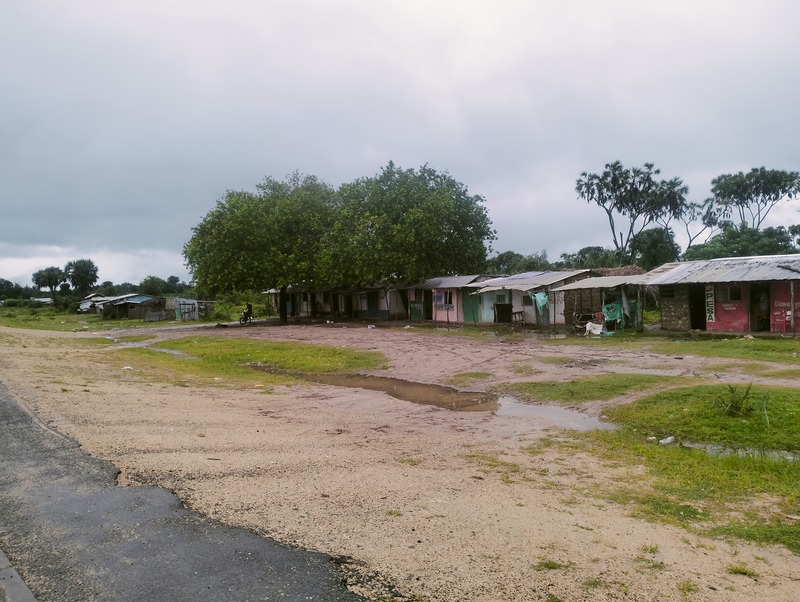 Pangani women process it into products like ghee, labania, and filtered milk for sale. (Farhiya Hussein)
Pangani women process it into products like ghee, labania, and filtered milk for sale. (Farhiya Hussein)
In addition to selling fresh milk, Pangani women process it into products like ghee, labania, and filtered milk for sale. Some travel to Witu to sell these value-added products, further boosting their income.
Pangani has grown into a hub for milk collection, attracting herders from nearby villages like Lumshi and Widho. Residents have appealed to the county and national governments to establish a milk processing factory in the area, which they believe would enhance the dairy trade and provide a steady market for their produce.
“There are so many cattle here in Pangani. A factory would create a ready market and improve our livelihoods,” said Fatma Wako, a resident.
Pangani’s women have not only preserved a cultural tradition but have also turned it into a vital economic activity, shaping the village’s identity and economy.
Top Stories Today

